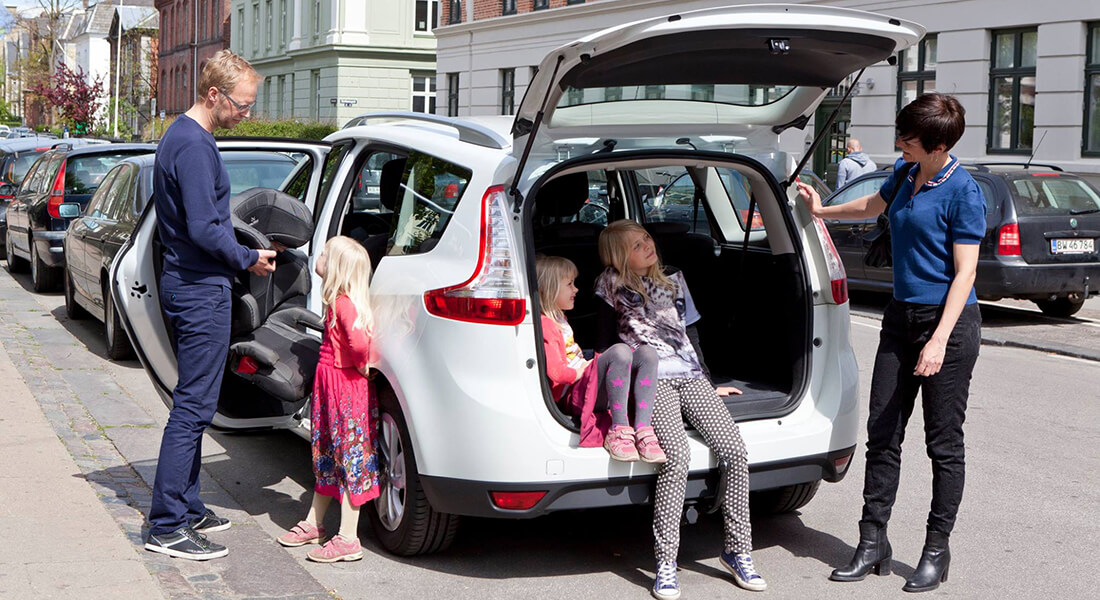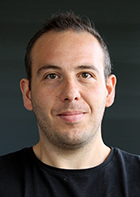Green Transition: Optimization of the logistics for car sharing
Operational Research and advanced stochastic optimization techniques can help make car-sharing more widespread and easier to use.

Independent Research Fund Denmark (DFF) has just provided DKK 280 million in support for green, independent, curiosity-driven research projects from all parts of the scientific world. The 55 research projects have been selected from 479 applications.
Associate professor Giovanni Pantuso from the Department of Mathematical Sciences receives 2.9 million DKK to his project "Shared mobility: Towards sustainable urban transport". The goal is to use optimization to make car-sharing a more solid alternative to car ownership.
Radically new rebalancing methods
Extensive documentation is currently being published that car-sharing can contribute to sustainable mobility. Car sharing can help reduce traffic jams, pollution, transportation costs, and in the long run the overall car fleet.
The OECD International Transport Forum has stated that the most effective way to decarbonise urban transport is shared vehicles, powered by clean electricity, and integrated with public transport. Shared mobility can give a dramatic reduction of traffic-generated CO2 emissions, even without further technology improvements.
But car-sharing is for most people not a de-facto alternative to car ownership. There are key planning challenges that must first be addressed. The availability of car-sharing is challenged by frequent imbalances in the car fleet. There is not always a car available when and where you need it.
The overall goal of Giovanni Pantuso's project is to develop radically new rebalancing methods based on preventive and dynamic pricing strategies, to improve the level of service and the commercial viability of car-sharing services. These methods are based on advanced stochastic optimization techniques.

Mobility research
Giovanni's research speciality is operations research and, particularly optimization under uncertainty and its applications in the transportation sector. He has been doing research on transport optimization for years, particularly together with colleagues from Norwegian and Danish universities. Among other things, he was responsible for the development of mathematical models and solution methods for shared mobility problems.
A PhD student will be employed for the project and Giovanni will continue his collaboration with Prof. Kjetil Fagerholt from the Norwegian University of Science and Technology (NTNU), a world-renowned transport scientist.
The Copenhagen based car-sharing company LetsGo, will also contribute with their practical experiences, and are interested in the potential results from the project.
Related News
Project details

Project:
Shared mobility: Towards sustainable urban transport
Project period:
01-07-2022 – 30-06-2025
Funding:
DKK 2,9 million from the Independent Research Fund Denmark, Thematic research - Green transition
Contact:
Giovanni Pantuso
Associate Professor
